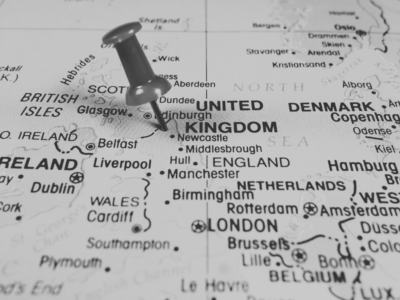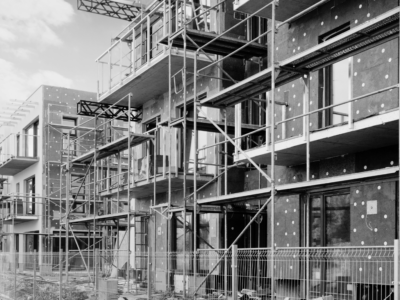Had Coronavirus not put the world economy into a tailspin, the first Budget delivered by newly installed Chancellor Rishi Sunak would have certainly been one to remember – especially for the property industry.
Alongside the addition of £3bn to the affordable housing programme, almost unthinkable under a Tory government, the Chancellor announced a stamp duty surcharge of two percent for non-UK residents. The Treasury claimed that it would ‘help to control house price inflation and support UK residents to get on to and move up the housing ladder’. The change comes four years after the introduction of a three percent surcharge on second homes and buy-to-let properties.
The additional levy prompted grim warnings from London estate agents and developers, who claimed the extra tax would hit the capital’s housing market just as it was starting to recover and also limit future development, with many residential projects in the city being reliant on off-plan sales to overseas investors for funding.
So far, so bad. Yet as Tom Bill, Knight Frank’s head of London resi research, pointed out: “The introduction of a surcharge for overseas buyers will bring the UK into line with many other global property markets.”
The truth is the stamp duty surcharge for overseas buyers will simply put things back to where they were before the Brexit vote and help level the playing field for domestic buyers, as the Treasury wants.
For a while now, the fall in value of the pound has made housing more affordable to non-UK residents, while UK residents have had to contend with stagnant wage growth and ultra-low interest rates, eating into their ability to save. Rock-bottom interest rates, combined with quantitative easing, have also encouraged investors to pour money into assets such as property in search of better returns. This, and a chronic under-supply of homes, has led house prices in the capital to sky-rocket.
Until the Chancellor’s announcement, non-UK residents had been subject to the same stamp duty rules as buyers living in the UK, ranging from 0 percent for properties costing less than £125,000, and up to 12 percent for homes over £1.5m.
The new surcharge for foreign investors is predicted to affect 70,000 out of the UK’s total 1.2 million annual property transactions, representing just a tiny fraction of overall activity. The impact will also mostly be confined to London, which is undoubtedly the UK’s most globalised housing market.
This isn’t a call to boot foreign buyers out of London. For one, they do provide an important source of development finance through off-plan sales that are critical to getting bank debt to fund construction. And rather being empty pied-à-terres imagined by sections of the media, most properties owned by overseas buyers end up being rented out to Londoners.
Yet the past decade has shown first-time buyers and young families in Britain have struggled to get onto the property ladder, especially in the capital where they have to contend with often far wealthier buyers benefiting from a favourable tax regime and a cheaper pound sterling.
Given how strained the public purse will be after Coronavirus passes, revenue-raising policies that also help level the playing field for domestic buyers – as the stamp duty surcharge will do – should be actively welcomed by the property industry, not condemned.
Mary-Anne Bowring is managing director of residential property consultancy, Ringley.























Comments